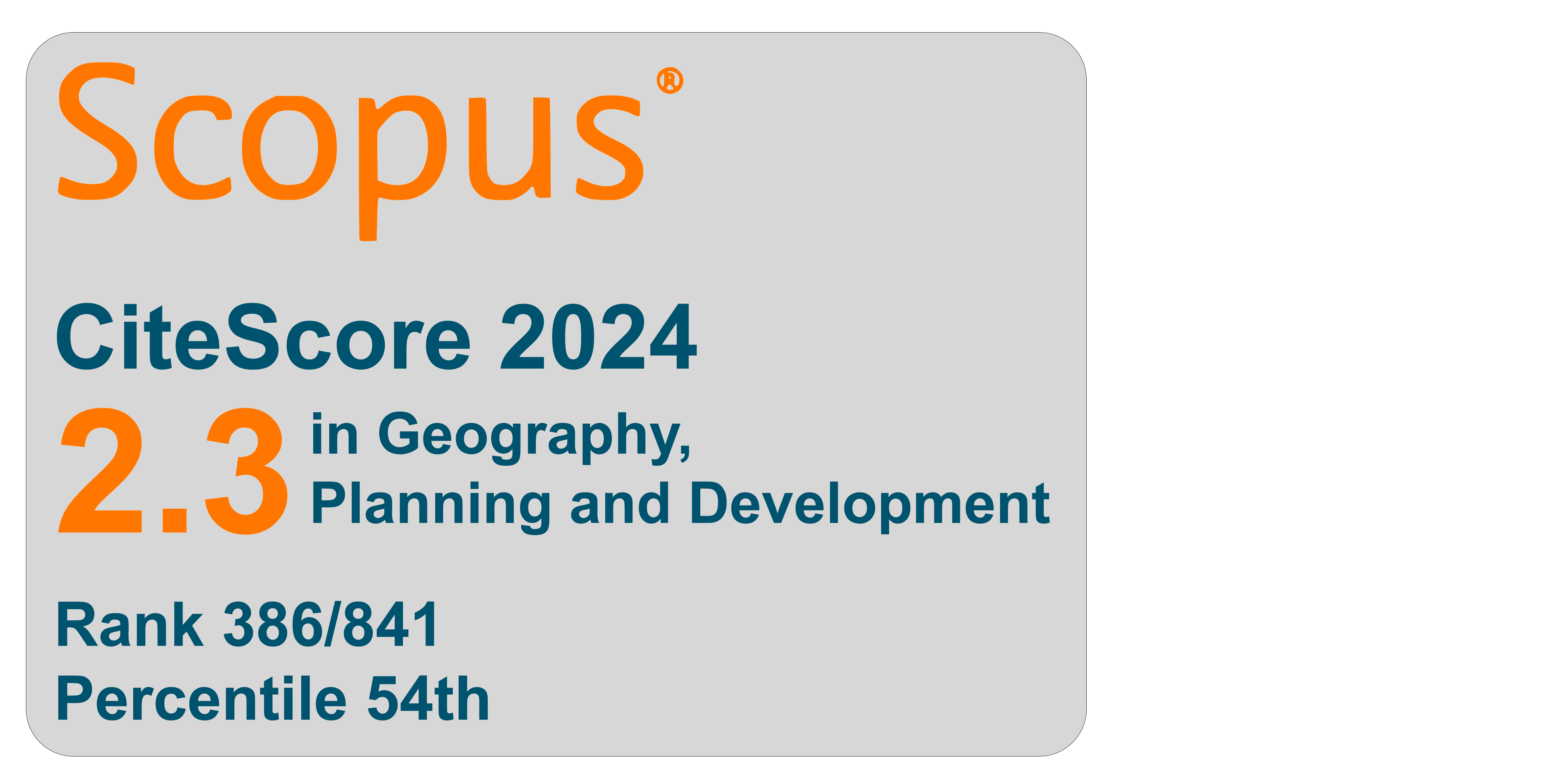The paradigms of urban planning to emergency-proof
Rethinking the organisation of settlements at the time of a pandemic
DOI:
https://doi.org/10.6092/1970-9870/6912Keywords:
Covid-19, Urban planning, Paradgims, Settlments, Social distancingAbstract
Urban planning is one of the sectors that is able to provide a contribution to the definition of a desirable scenario for the future of the city and the territory as it deals with the physical and functional organisation of human settlements, more than others, also for reasons related to its historical origin.
The paradigms now acquired from a disciplinary point of view, such as densification, sustainable mobility, mixitè, urban green, etc., raise the issue of compatibility with the needs of social distancing imposed by the health emergency.
One wonders if and how the principles and criteria for the physical and functional organisation of settlements, which inform and substantiate the technical-scientific documents and the spatial and urban planning instruments themselves, will change.
The response confirms the overall goodness of the organisational model shared by the community of urban planners. This can only be a stimulus to continue the research and application activities in the field with even greater commitment and determination.
The crisis must in any case build an opportunity to rethink the functioning of the city, its spaces, its times and its forms of social and economic interaction, as we imagine will happen in all other fields
Downloads
Downloads
Published
How to Cite
Issue
Section
License
Copyright (c) 2020 TeMA - Journal of Land Use, Mobility and Environment

This work is licensed under a Creative Commons Attribution-NonCommercial 4.0 International License.



